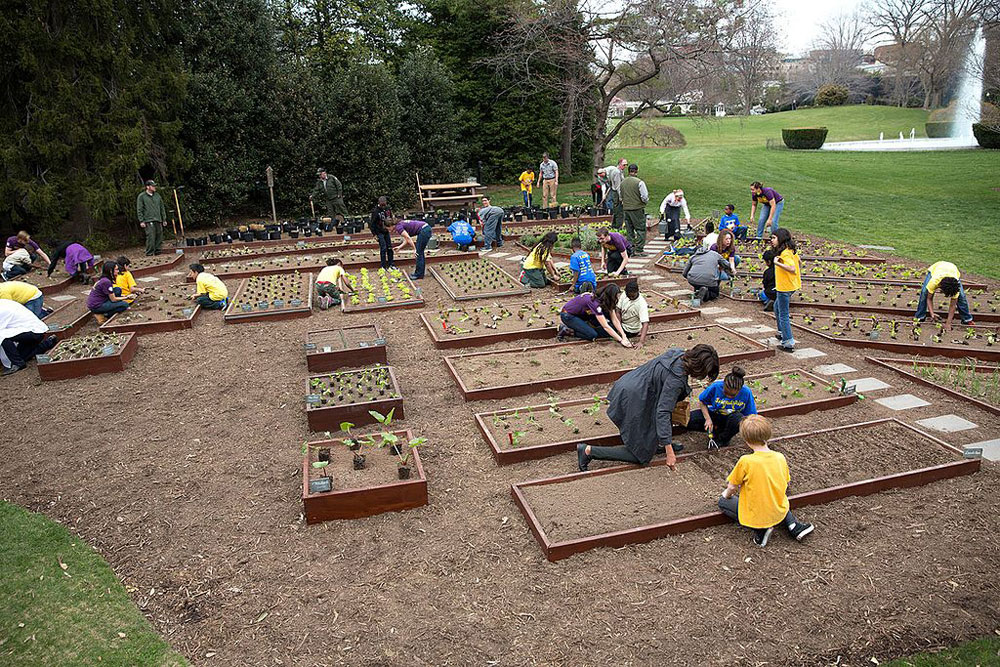
January 3, 2020; New York Times
Through their Reimagining School Cafeterias initiative, nonprofit FoodCorps and the for-profit company Sweetgreen have teamed up to reinvent the cafeteria experience with direct input from school children. This nonprofit-corporate partnership hopes to engage children in healthy eating by inviting them to help redesign their own meals.
This isn’t the first program to try to encourage lifelong healthy eating habits rather than simply providing nutritious food. In 2014, NPQ’s Eileen Cunniffe wrote about the Free Library of Philadelphia’s culinary literacy program. The program gathered community partners to promote healthier cooking and eating habits. And in 2018, NPQ reported on Denver’s passage of Ordinance 302, a 10 year mini-sales tax with the money going to promote better access to—and education on—healthy eating for the city’s children. The money was awarded to nonprofits and other organizations around the city, such as Denver Urban Gardens, to continue their work, as it was already aligned with the city’s multi-year strategy.
Sign up for our free newsletters
Subscribe to NPQ's newsletters to have our top stories delivered directly to your inbox.
By signing up, you agree to our privacy policy and terms of use, and to receive messages from NPQ and our partners.
This new approach in Portland, Oregon, as covered in the New York Times, draws on the Denver precedent of using the expertise and current operations of an existing nonprofit. About 10 years ago, Sweetgreen, a restaurant chain that serves a variety of salads, started its own initiative, Sweetgreen in Schools, to introduce students to healthier eating. As the Times points out, the leadership at Sweetgreen realized they could have more of an impact by partnering with a nonprofit like FoodCorps. (When you picture FoodCorps staff, think in terms of AmeriCorps, one of their funders.) At KairosPDX charter school, FoodCorps staff were already well positioned and the school was in a good place. This established the nonprofit as a natural partner.
The initiative has three different programs—the Tasty Challenge, the Flavor Bar, and Our School Cafeteria. Each encourage youth to take part in the decision-making process for their lunchtime experience. This, combined with nurturing an interest in growing food, aims to create positive habits that will outlast their school years.
Not all corporate-nonprofit partnerships work, but this one seems to align with the interests of both parties. The full impact of this program might not be measurable for years, but encouraging children to eat healthier by enabling them to choose what they might eat is a promising strategy to build a healthier future community.—Sarah Miller












